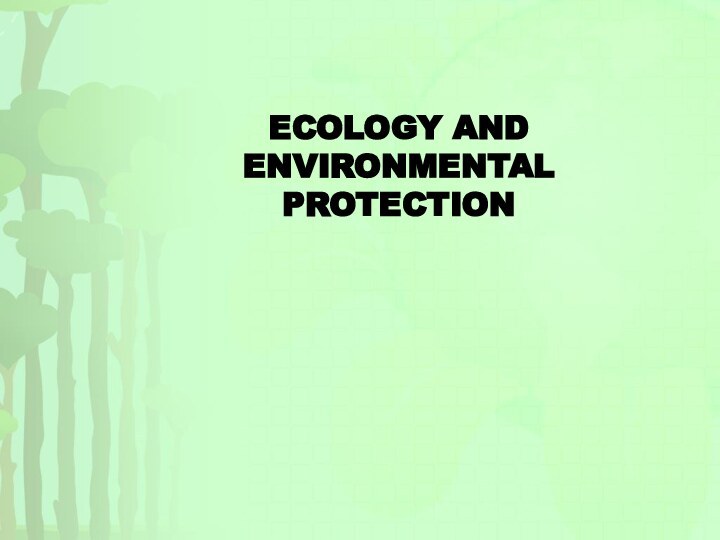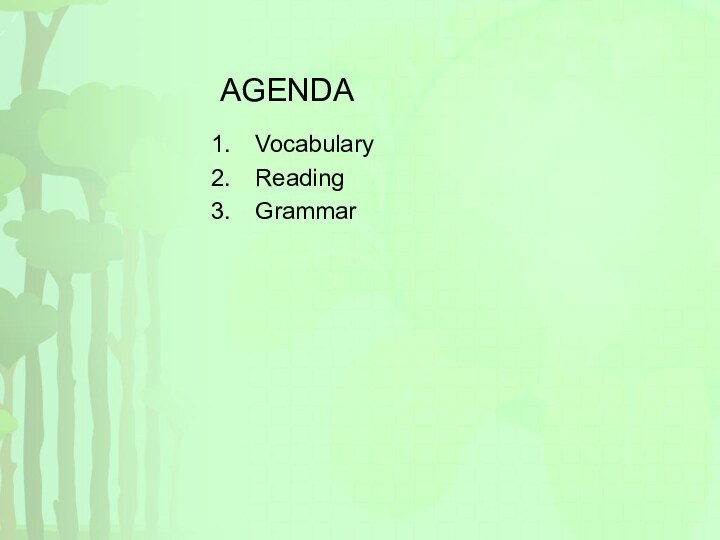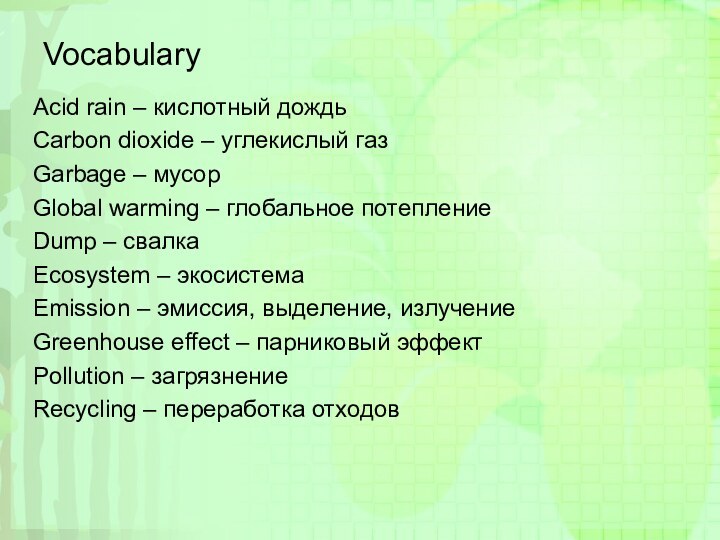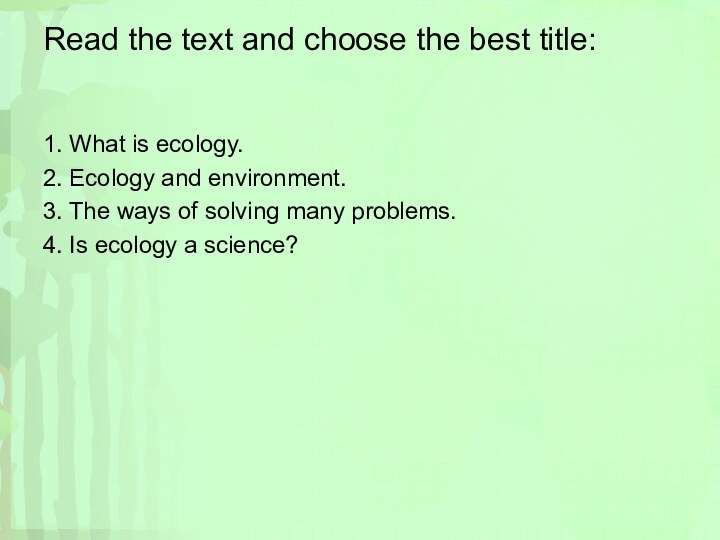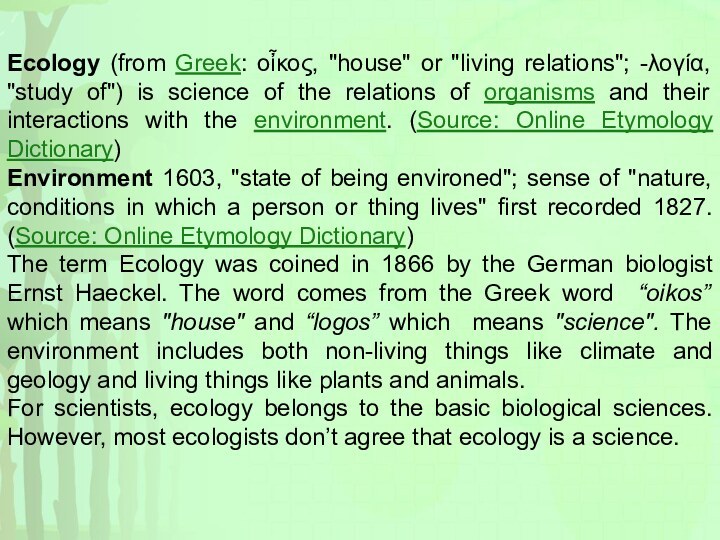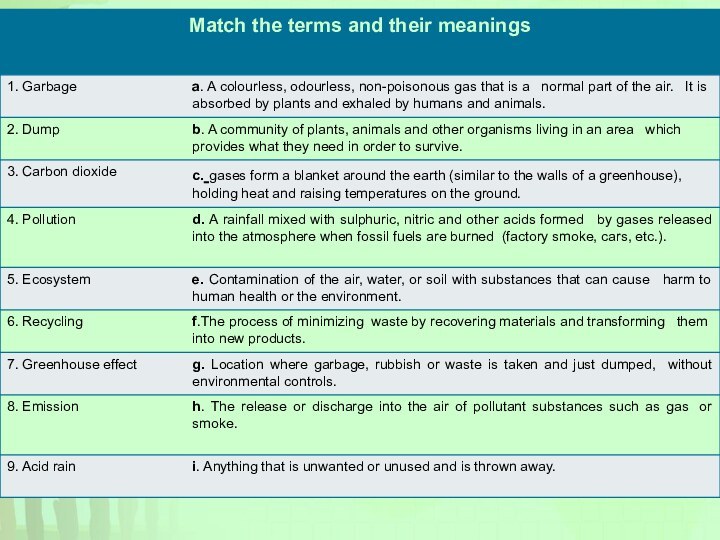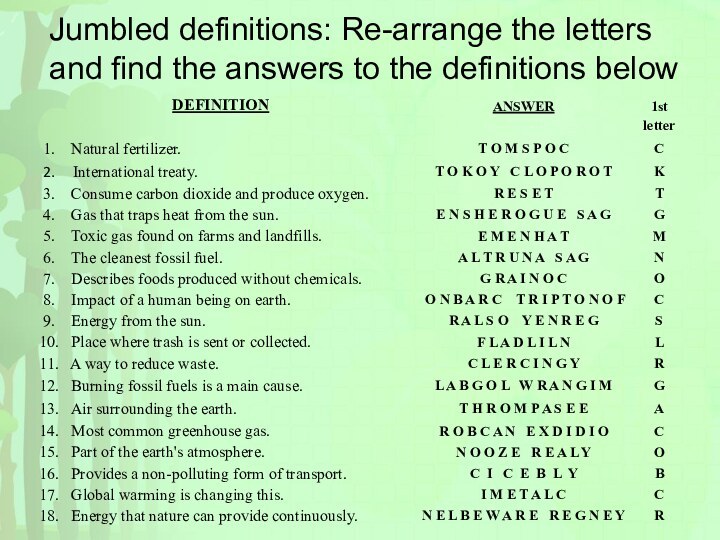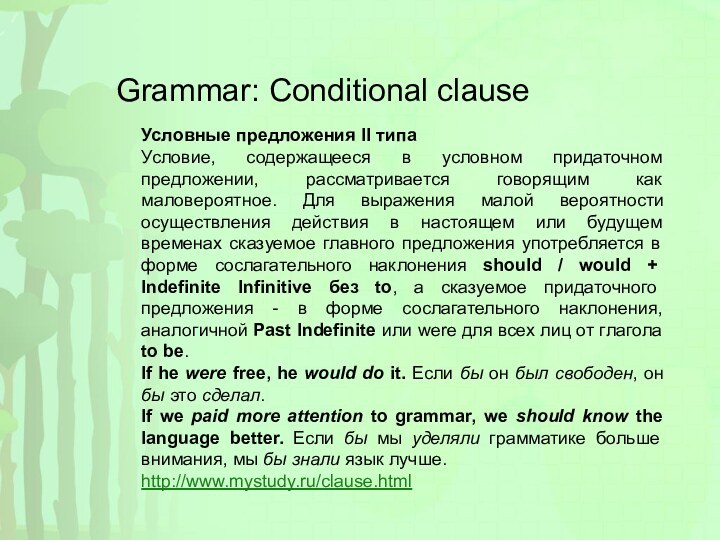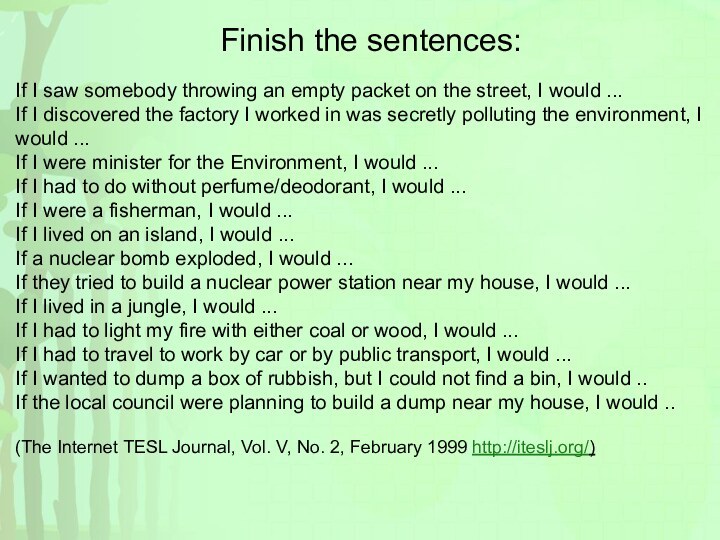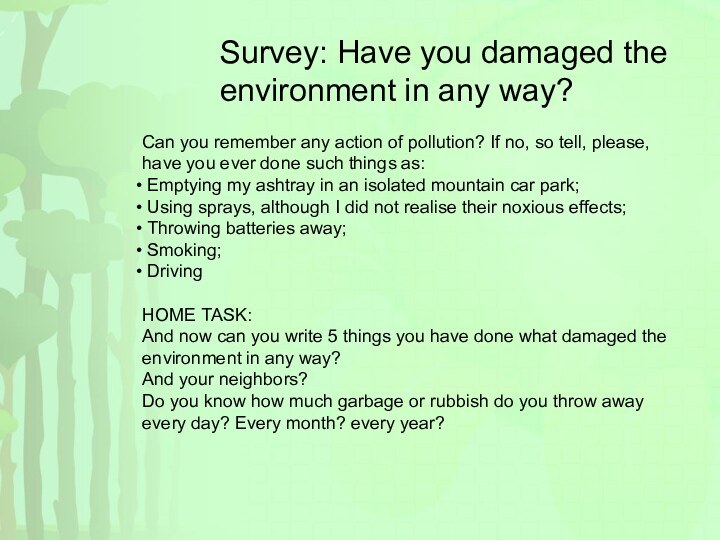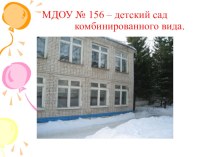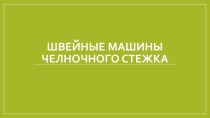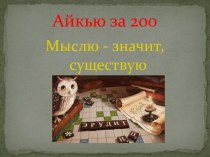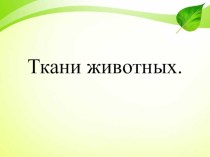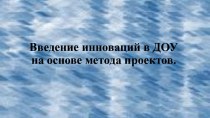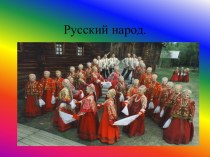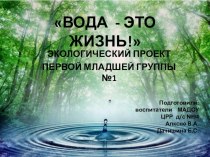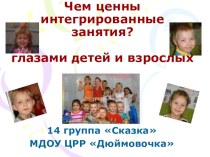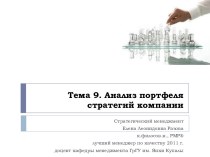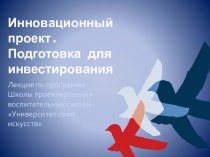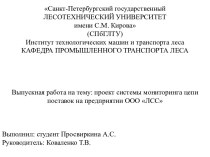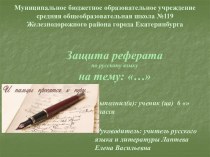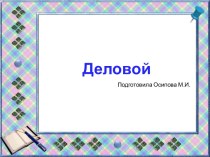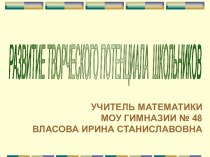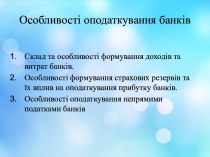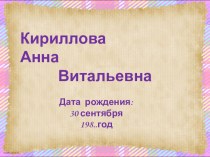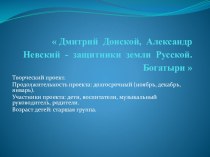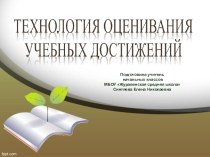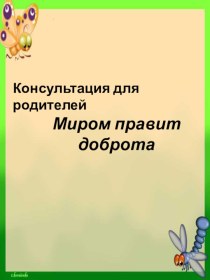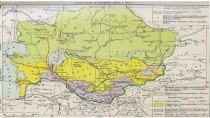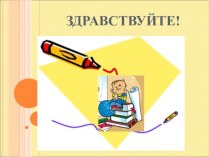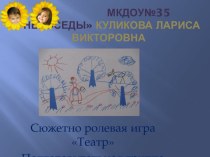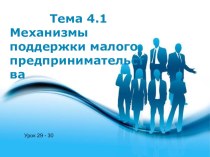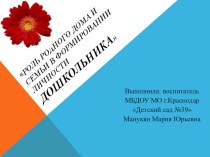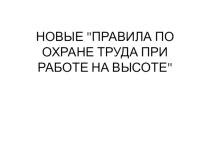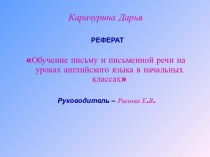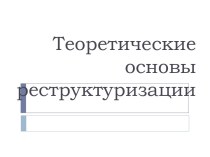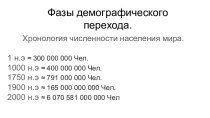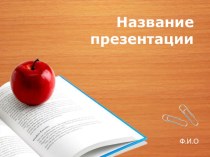Слайд 2
AGENDA
Vocabulary
Reading
Grammar
Слайд 3
Vocabulary
Acid rain – кислотный дождь
Carbon dioxide – углекислый
газ
Garbage – мусор
Global warming – глобальное потепление
Dump –
свалка
Ecosystem – экосистема
Emission – эмиссия, выделение, излучение
Greenhouse effect – парниковый эффект
Pollution – загрязнение
Recycling – переработка отходов
Слайд 4
Read the text and choose the best title:
1.
What is ecology.
2. Ecology and environment.
3. The
ways of solving many problems.
4. Is ecology a science?
Слайд 5
Ecology (from Greek: οἶκος, "house" or "living relations";
-λογία, "study of") is science of the relations of
organisms and their interactions with the environment. (Source: Online Etymology Dictionary)
Environment 1603, "state of being environed"; sense of "nature, conditions in which a person or thing lives" first recorded 1827. (Source: Online Etymology Dictionary)
The term Ecology was coined in 1866 by the German biologist Ernst Haeckel. The word comes from the Greek word “oikos” which means "house" and “logos” which means "science". The environment includes both non-living things like climate and geology and living things like plants and animals.
For scientists, ecology belongs to the basic biological sciences. However, most ecologists don’t agree that ecology is a science.
Слайд 6
Although it includes the study of environmental problems
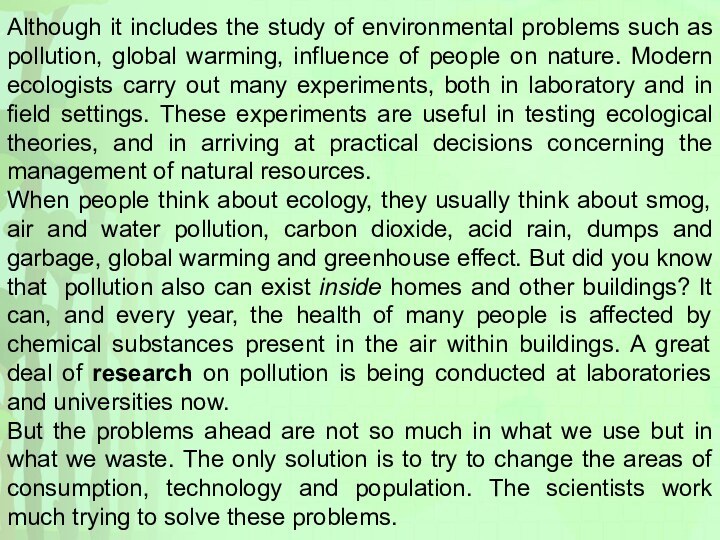
such as pollution, global warming, influence of people on
nature. Modern ecologists carry out many experiments, both in laboratory and in field settings. These experiments are useful in testing ecological theories, and in arriving at practical decisions concerning the management of natural resources.
When people think about ecology, they usually think about smog, air and water pollution, carbon dioxide, acid rain, dumps and garbage, global warming and greenhouse effect. But did you know that pollution also can exist inside homes and other buildings? It can, and every year, the health of many people is affected by chemical substances present in the air within buildings. A great deal of research on pollution is being conducted at laboratories and universities now.
But the problems ahead are not so much in what we use but in what we waste. The only solution is to try to change the areas of consumption, technology and population. The scientists work much trying to solve these problems.
Слайд 8
Jumbled definitions: Re-arrange the letters and find the
answers to the definitions below
Слайд 9
Grammar: Conditional clause
Условные предложения II типа
Условие, содержащееся в
условном придаточном предложении, рассматривается говорящим как маловероятное. Для выражения
малой вероятности осуществления действия в настоящем или будущем временах сказуемое главного предложения употребляется в форме сослагательного наклонения should / would + Indefinite Infinitive без to, а сказуемое придаточного предложения - в форме сослагательного наклонения, аналогичной Past Indefinite или were для всех лиц от глагола to be.
If he were free, he would do it. Если бы он был свободен, он бы это сделал.
If we paid more attention to grammar, we should know the language better. Если бы мы уделяли грамматике больше внимания, мы бы знали язык лучше.
http://www.mystudy.ru/clause.html
Слайд 10
Finish the sentences:
If I saw somebody throwing
an empty packet on the street, I would ...
If
I discovered the factory I worked in was secretly polluting the environment, I would ...
If I were minister for the Environment, I would ...
If I had to do without perfume/deodorant, I would ...
If I were a fisherman, I would ...
If I lived on an island, I would ...
If a nuclear bomb exploded, I would ...
If they tried to build a nuclear power station near my house, I would ...
If I lived in a jungle, I would ...
If I had to light my fire with either coal or wood, I would ...
If I had to travel to work by car or by public transport, I would ...
If I wanted to dump a box of rubbish, but I could not find a bin, I would ..
If the local council were planning to build a dump near my house, I would ..
(The Internet TESL Journal, Vol. V, No. 2, February 1999 http://iteslj.org/)
